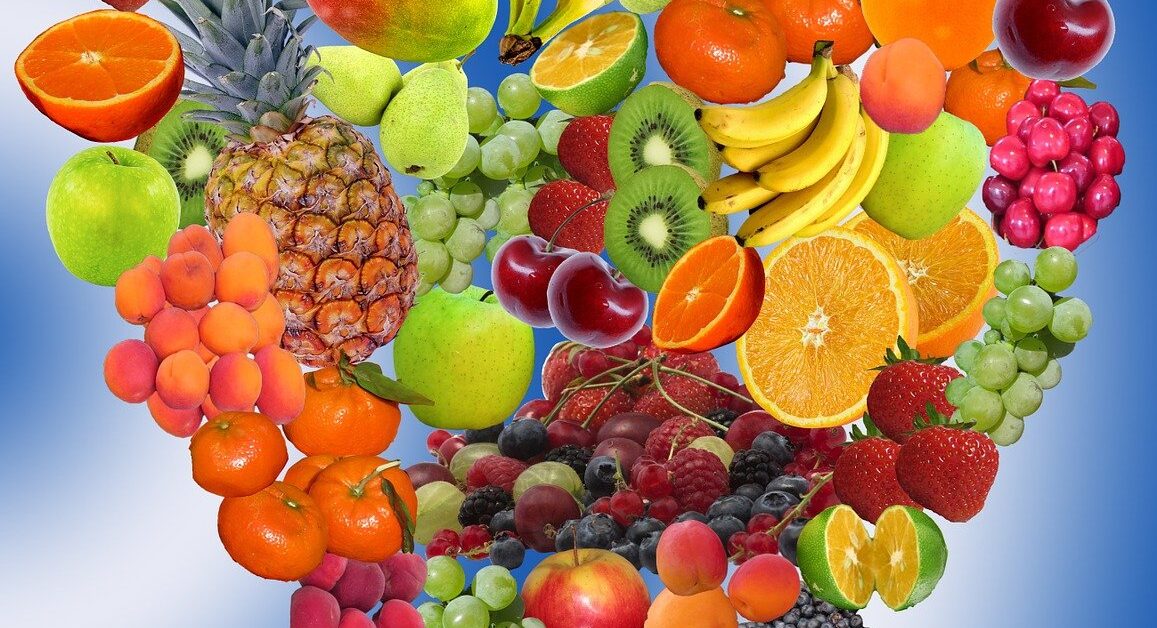Is Flour Vegetarian?
Flour is a staple ingredient in many cuisines around the world. It is used to make a wide variety of dishes, including bread, pasta, cakes, and pastries. However, when it comes to vegetarianism, there is often confusion about whether or not flour is considered vegetarian. In this article, we will explore the different types of flour and their vegetarian status, as well as the potential concerns for vegetarians.
Types of Flour
There are several types of flour available, each with its own characteristics and uses. The most common types include:
- All-Purpose Flour
- Whole Wheat Flour
- Bread Flour
- Cake Flour
- Self-Rising Flour
- Gluten-Free Flour
Vegetarian Status of Flour
Flour itself is made from grinding grains, such as wheat, rice, corn, or oats. These grains are plant-based and do not contain any animal products. Therefore, in its pure form, flour is considered vegetarian. However, the processing and additives used in some types of flour can raise concerns for vegetarians.
Enriched Flour
Enriched flour is a type of flour that has been fortified with additional nutrients, such as iron and B vitamins. The enrichment process typically involves adding these nutrients in the form of synthetic compounds. While these additives are not derived from animal sources, some vegetarians may choose to avoid enriched flour due to the use of synthetic additives.
White Flour
White flour is made by removing the bran and germ from the wheat kernel, leaving only the starchy endosperm. This process results in a finer texture and longer shelf life but also removes some of the nutrients found in whole wheat flour. While white flour itself is vegetarian, some vegetarians may prefer to opt for whole wheat flour for its higher nutritional value.
Specialty Flours
Specialty flours, such as cake flour and self-rising flour, may contain additional ingredients to enhance their performance in specific recipes. For example, cake flour is often bleached to produce a lighter texture, while self-rising flour contains baking powder and salt. These additives are typically vegetarian-friendly, but it is always advisable to check the label or choose organic and natural alternatives if you have concerns.
Potential Concerns for Vegetarians
While flour itself is vegetarian, there are a few potential concerns for vegetarians to be aware of:
Animal-Based Additives
Some types of flour may contain additives that are derived from animal sources. For example, certain brands of flour may use bone char as a whitening agent. Bone char is made from animal bones and is used to remove impurities and improve the color of the flour. Vegetarians who avoid animal products may want to choose brands that explicitly state they do not use bone char or other animal-based additives.
Cross-Contamination
Cross-contamination can occur during the manufacturing process, especially in facilities that also process animal products. This can be a concern for strict vegetarians or those with allergies. To minimize the risk of cross-contamination, look for flours that are labeled as “vegan” or “suitable for vegetarians” and produced in dedicated facilities.
Genetically Modified Organisms (GMOs)
Some types of flour, particularly those made from genetically modified crops, may raise concerns for vegetarians who prefer to avoid GMOs. Genetically modified wheat, for example, is not yet commercially available, but other crops like corn and soy are commonly genetically modified. If you are concerned about GMOs, look for organic or non-GMO certified flours.
Conclusion
In conclusion, flour itself is considered vegetarian as it is made from plant-based grains. However, the processing and additives used in some types of flour may raise concerns for vegetarians who prefer to avoid synthetic compounds, animal-based additives, cross-contamination, or genetically modified organisms. It is always advisable to read labels, choose organic and natural alternatives, and opt for flours produced in dedicated facilities if you have specific dietary preferences or concerns.
